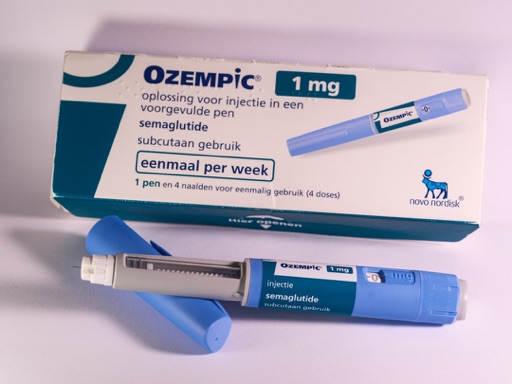According to a new survey, many young Americans have plans to turn to weight loss medicines, like Wegovy and Ozempic, to help accomplish their weight loss goals. Over a quarter of people in the U.S. are considering those drugs as a part of their weight loss plan, according to digital healthcare platform Tebra.
This trend is especially detectable among the younger generation. Gen Z is now leading the way, with 37 percent prepared to give up going to the gym for the pharmacy to consume GLP-1 meds to accomplish their 2025 goals. In conjunction with a generational divide, there is also a gender gap. Females are more likely than males to opt for such drugs, with 30 percent of women as compared with 20 percent of men claiming they will rely on them. Also, women have greater weight loss targets, with a goal of losing an average of 23 lbs., whereas men aim to lose 19 lbs.
This disparity comes as no shock as females have frequently been more likely than males to say they’re fat since 1999, according to Gallup, and typically face more judgement concerning their bodies than males do.
Despite the increasing interest and common use of such drugs, many people in America still view them as out of reach because of their high cost. As a matter of fact, 64 percent of those interested in using these medications note price as their main concern, followed up by concerns over side effects (59 percent). Such weight loss meds had initially intended to treat type 2 diabetes, and would cost thousands of dollars with a lengthy list of possible harmful side effects — even death — but most (86 percent) people say the benefits outweigh the risks.
This is probably the reason why 66 percent of people in the U.S. currently think these meds are more effective than regular weight loss techniques such as exercise and diet.
And even though Gen Z is the most curious about taking these medications, older generations actually are more confident in their effectiveness. Boomers are convinced the most, with 72 percent thinking these meds work better than methods used in the past. Gen X follows close behind at 70 percent, whereas Gen Z and millennials are less certain. There is also another visible gender gap, with 75 percent of females believing in their effectiveness as compared with 53 percent of males.
As an increasing number of people become interested in using these meds for weight loss, some have started using harmful methods, including purchasing counterfeit medications and using them without the authority of a doctor. Concerns about addiction and correct medical guidance remain substantial barriers to widespread adoption.
The high popularity of GLP-1 meds might be associated with the frustration a lot of people feel after constantly failing to meet weight loss targets. Almost 50% of Americans gave up on their traditional New Year’s resolutions, with some giving up as early as February — when a lot of people abandon their goals for the new year.
Irrespective of the possible health benefits and seemingly countless praise for the online results, all GLP-1 meds should only be used by those who have been prescribed them by a doctor.

Source: NewsBreak





